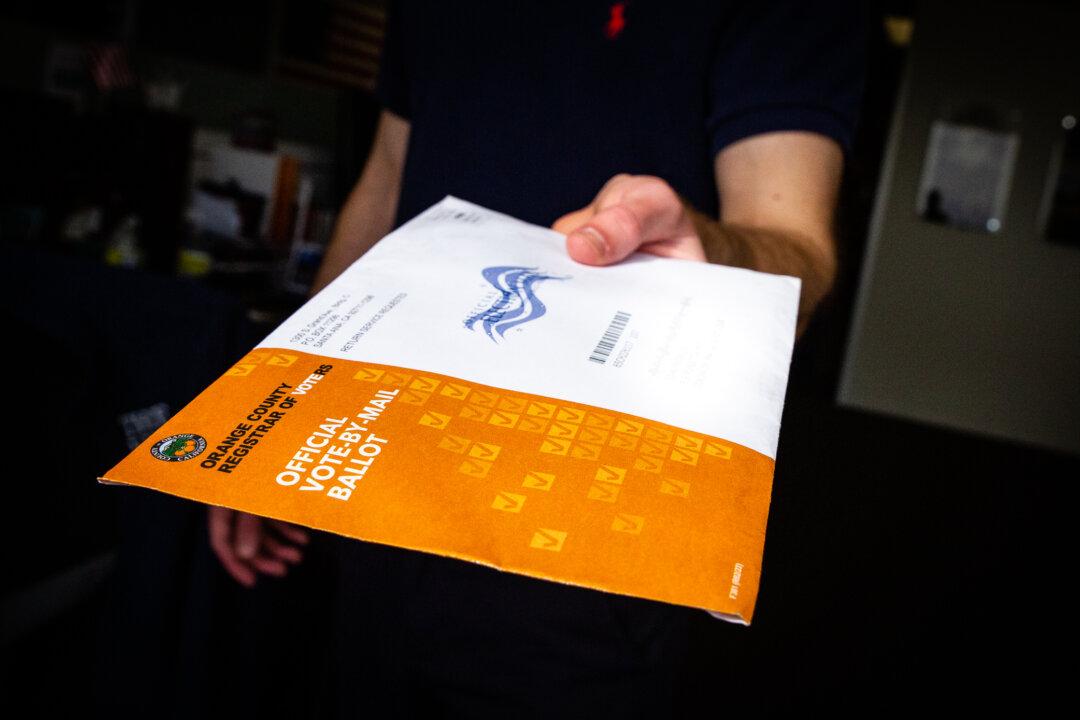A federal judge has ruled that mail-in or absentee ballots that arrive in envelopes lacking accurate, handwritten dates must be counted in the key battleground state of Pennsylvania, raising the stakes for the 2024 election and setting up a likely fight before the U.S. Supreme Court.
U.S. District Judge Susan Paradise Baxter ruled on Nov. 21 that not counting these types of ballots violates the so-called “materiality provision” of the Civil Rights Act of 1964, which states that the right to vote cannot be denied for an “error or omission” that is “not material” for determining whether a person is eligible to vote or not.





